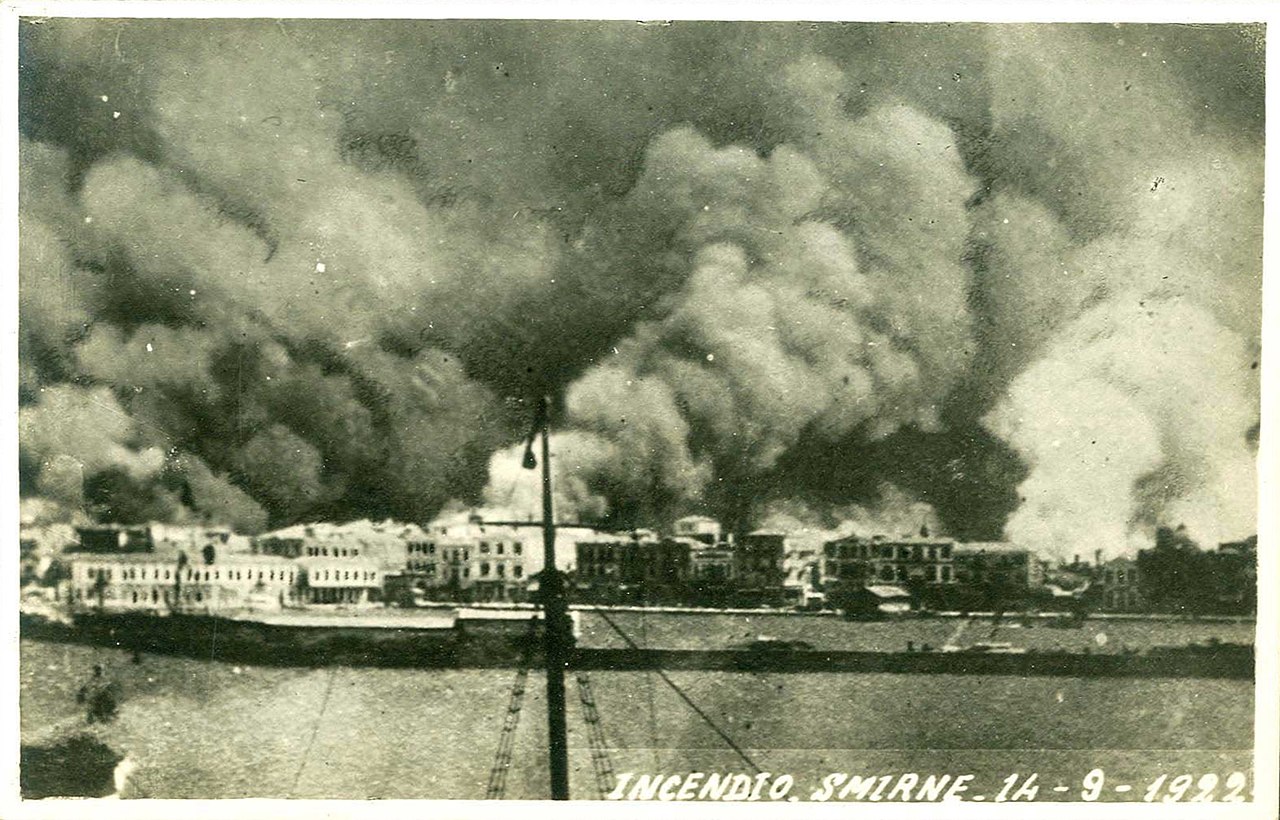Originally posted by Panos26
View Post
Panos, forget about what the Greeks and the pseudo-state claims.There are much better sources than those you gave.I will give you two sources, one from BBC and the other from United Nations:
Some 1,500 Greek Cypriots and 500 Turkish Cypriots are officially registered as missing on Cyprus, never seen since fighting broke out between the two communities in the 1960s.
http://news.bbc.co.uk/2/hi/europe/6166560.stm
http://news.bbc.co.uk/2/hi/europe/6166560.stm
According to UN data, over 1,400 Greek Cypriots and 500 Turkish Cypriots are listed as missing. Some 270 remains have been unearthed on both sides of the ceasefire line following an agreement last year.
http://www.un.org/News/ossg/hilites/...asp?HighID=874
http://www.un.org/News/ossg/hilites/...asp?HighID=874








Comment